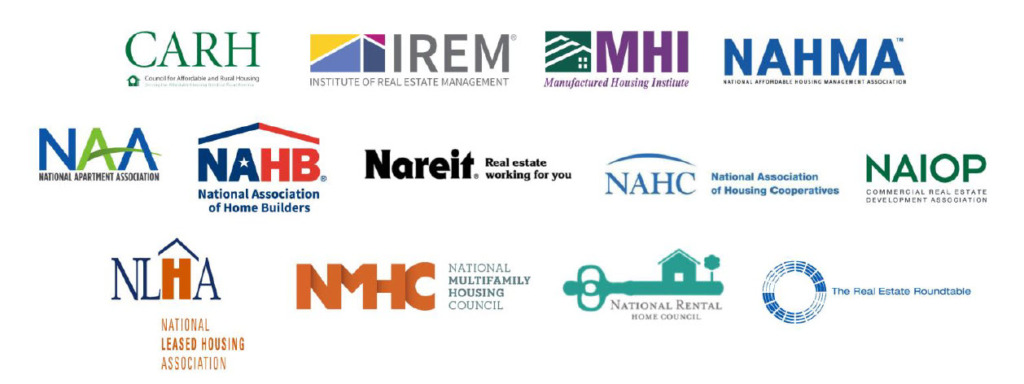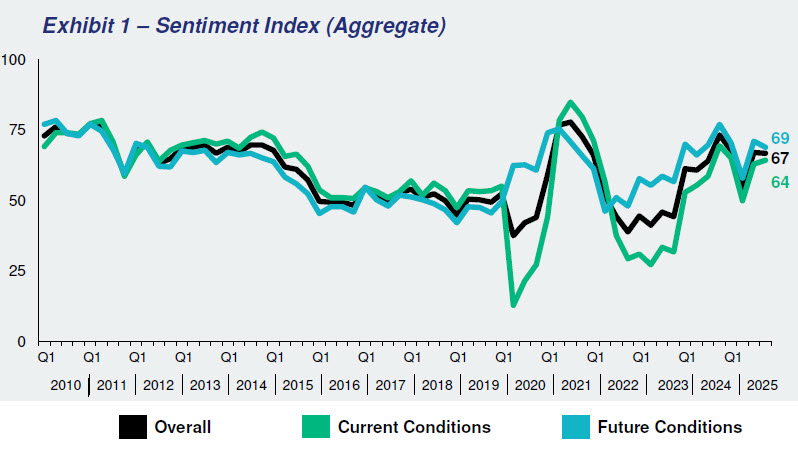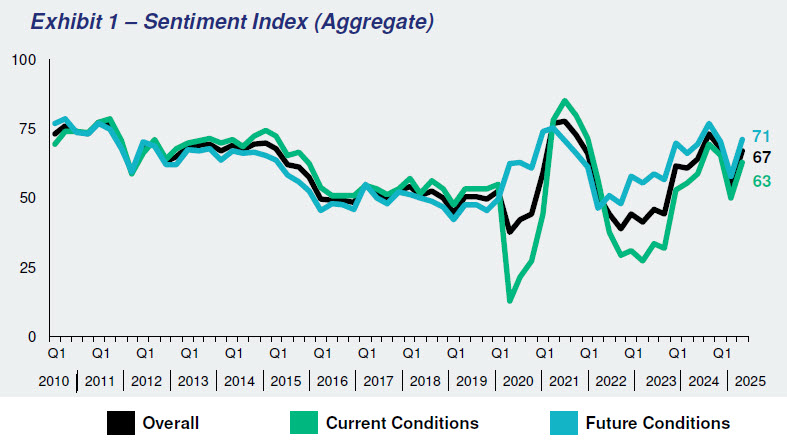
(WASHINGTON, D.C.) — The United States is facing a housing affordability crisis driven by demand exceeding supply, causing a shortage of all types of housing—homes for sale, homes for rent, apartments, duplexes and others—that has been decades in the making. For too long, families and communities throughout the country have struggled with the high cost of housing.
The undersigned organizations appreciate the Trump Administration’s ongoing commitment to reducing housing costs and broadening housing opportunity by exploring solutions that will expand the number of homes available—the only real solution to housing affordability. While there is no single policy solution, we know it will require public and private partnerships collaborating with communities nationwide to build the housing America needs.
The cost of housing is one of the most critical issues facing many Americans. The only way to lower the cost of mortgages and rent is by encouraging, not hindering, investment and constructing the housing that individuals and families can build lives upon.
President Trump has made increasing housing supply and addressing today’s shortage a top priority, and rental housing providers are the very organizations to partner with to solve our housing affordability challenges.
As a coalition, we urge policymakers of both parties and at all levels of government to embrace solutions that will have the greatest positive impact on housing supply and make a meaningful difference in Americans’ lives by building the housing our nation needs.
We look forward to learning more about the Administration’s housing proposals and partnering with the Administration in developing a national housing policy that will ensure that generations of Americans have the freedom to choose from a wide range of affordable housing options.
Council for Affordable and Rural Housing
Institute of Real Estate Management
Manufactured Housing Institute
NAIOP, Commercial Real Estate Development Association
Nareit
National Association of Housing Cooperatives
National Affordable Housing Management Association
National Apartment Association
National Association of Home Builders
National Leased Housing Association
National Multifamily Housing Council
National Rental Home Council
The Real Estate Roundtable

